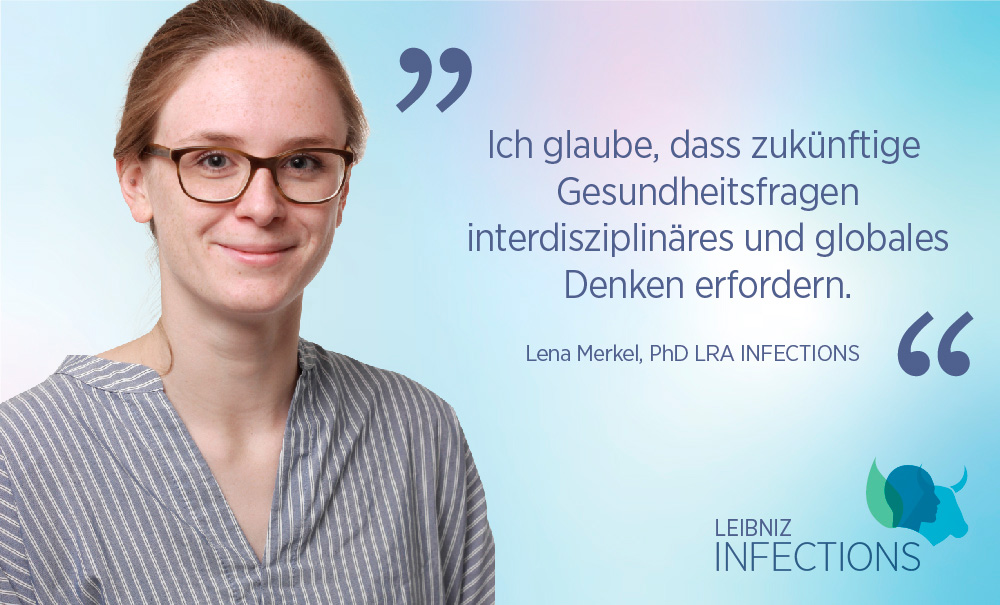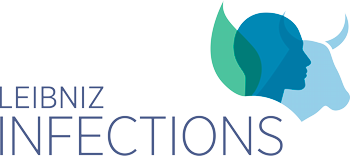PhD introduction of the week: Lena Merkel, Development Economist and Historian in IPT3.
The research project "Curbing antimicrobial resistance in humans through interventions, incentives and transparency" has the overall goal of supporting optimal use of antibiotics worldwide. To this end, Lena will assess different interventions to improve infection diagnostics and the role of information and transparency in curbing AMR at micro and macro levels.

Profile Lena Merkel
Name: Lena Merkel
Age: 27
Where and what have you studied?
I studied Development Economics (M.Sc) and Economic History (M.A) parallely at the University of Göttingen.
Which field of research interests you the most?
As a Development Economist and Historian, I am interested in studying the determinants of sustainable growth and human development. I am particularly interested in issues of global health and how the lives of people in low and middle income countries can be improved through good governance and behavorial change.
Why did you apply to the Leibniz Research Alliance INFECTIONS?
I believe that future health issues require interdisciplinary and global thinking. To address the worldwide spread of antimicrobial-resistant pathogens, we need more scientific evidence and political engagement in interdisciplinary alliances such as INFECTIONS. The position as doctoral student at both the BNITM and GIGA provides me with the opportunity to expand my knowledge and skills in order to contribute to the prepardness for future health challenges.
Describe your research project briefly and in a generally understandable way:
Many people are taking antibiotics unnecessarily, contributing to the spread of antibiotic resistant bacteria. Misuse and overconsumption of antibiotics are often the result of lacking diagnostic tools, misinformation of physicians and patients or misguided financial incentives. During my PhD, I will explore the role of improved diagnostics and incentives to reduce antibiotics use to a socially desirable level at which antibiotic efficacy and access is preserved.
What do you think will be the biggest challenges but also the biggest opportunities during your work?
I believe that interdisciplinary collaboration in INFECTIONS will provide many opportunities for advancing an exciting and new research agenda in the years ahead. In this interdisciplinary network, it is necessary to also advance communication between the scientific disciplines. This task will be an important part of our work within the INFECTIONS alliance.
Thanks for the interview. We are happy to have you on board!

